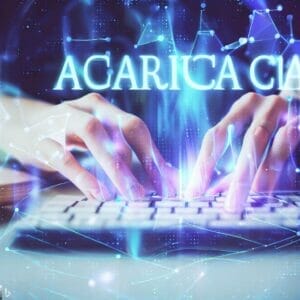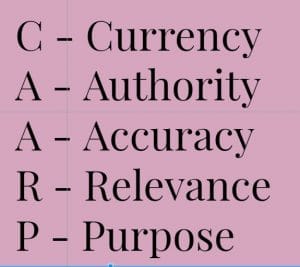What are librarians thinking about AI?
- Students are cheating and getting away.
- How are educators going to measure learning?
- How do we use AI and adapt to it?
- When should we use AI?
- How can we use AI ethically?
- Will Librarians and Teachers cease to exist?
- What are parents stand on using AI?
- How is AI going to change the education landscape?
So many questions and yet many Librarians are using and exploring AI tools in a number of ways. The most important answer I am looking for and awaiting is: When will the assessments change for High School Students? How are colleges going to enroll new students? How are teachers and librarians going to change and adopt new practices? Who is going to lead us, and How?
Librarians are worried about Academic integrity and that students will cheat and their grades will not justify their learning. There is a huge setback in assessments, and what would we need to assess, and what will it look like? Many unanswered questions are still buzzing around.
So, what can librarians do for now?
- Encourage the use of AI Tools
- Ask and have conversations with your students about how AI is helping them grow and learn.
How do we engage in meaningful conversations to ensure students are learning and not cheating?
So, when a student has used AI tools to assist in their work, it’s important to assess not only the final product but also their understanding of the content and the impact of AI on their learning process. This conversation can help ensure human academic integrity.
Engaging Conversations
Here are some questions you might ask students to allow you to gauge their understanding and the effectiveness of the AI tools:
- Understanding of the Topic –
– Can you explain the main concepts and ideas in your paper in your own words?
– How did your research with AI tools contribute to your understanding of the topic?
- AI Tool Selection
– Why did you choose the specific AI tools you used for this assignment?
– Did you consider any limitations or potential biases in the AI tools you used?
- Research Process
– How did you use AI tools in your research process? Can you describe the steps you followed?
– Did you encounter any challenges or difficulties when using AI tools?
- Critical Thinking
– How did you critically evaluate the information generated by AI tools? Did you fact-check or verify the results?
– Did using AI tools influence your ability to think critically about the topic?
- Collaboration with AI
– Did you collaborate with AI as a tool, or did it replace certain tasks you would have done manually?
– How did you balance the contributions of AI with your own insights and analysis?
- Learning and Growth
– In what ways has using AI tools impacted your learning experience for this assignment?
– Have you developed any new skills or improved existing ones through the use of AI?
- Ethical Considerations
– Did you consider the ethical implications of using AI tools, such as plagiarism or bias in AI-generated content?
– How did you address or mitigate any ethical concerns?
- AI as a Learning Aid
– Did using AI tools enhance your learning in this particular assignment?
– How do you see the role of AI in education in general?
- Feedback and Revision
– Did you receive feedback on your paper, and if so, how did you incorporate it into your work?
– Did you use AI for revision or editing purposes, and if yes, how did it help?
- Future Use of AI
– Do you see yourself using AI tools in future academic work or professional projects?
– What lessons have you learned from this experience that you might apply in the future?
These questions can help you assess the student’s comprehension of the topic. We, as educators, will learn how students have integrated AI tools into their learning.
(Used ChatGPT as a thought partner)
So, it is not about NOT using AI tools but HOW AI can benefit and build students’ critical and analytical skills to problem-solve.
Librarians Teaching Points
Librarians can continue to teach evaluating resources like the CRAAP test. How Wikipedia assimilates and curates its information, the authority of the sources, and the usage of Wikipedia. Citing AI tools are some teaching points for Librarians.
AI tools have brought more attention to the biases of information and hallucinations. Knowing the author has become very important, and the need to verify sources is essential for any critical, analytical, or descriptive research paper.
AI research tools like Elicit, Consensus, and Research Rabbit is far more effective than ChatGPT 3.5, although there is information that it is being updated, and Bard and Llama may be better. (Opinions)
There is much discussion around Artificial Intelligence being artificial in nature yet seeming to mirror sentiency. Check out this article from Singularity Hub, which provokes us to think of the possibilities of AI being sentient and how we can differentiate the sentience of AI from a human.
There may be a time when AI chips will be embedded in humans.! Sci-Fi or REAL?






